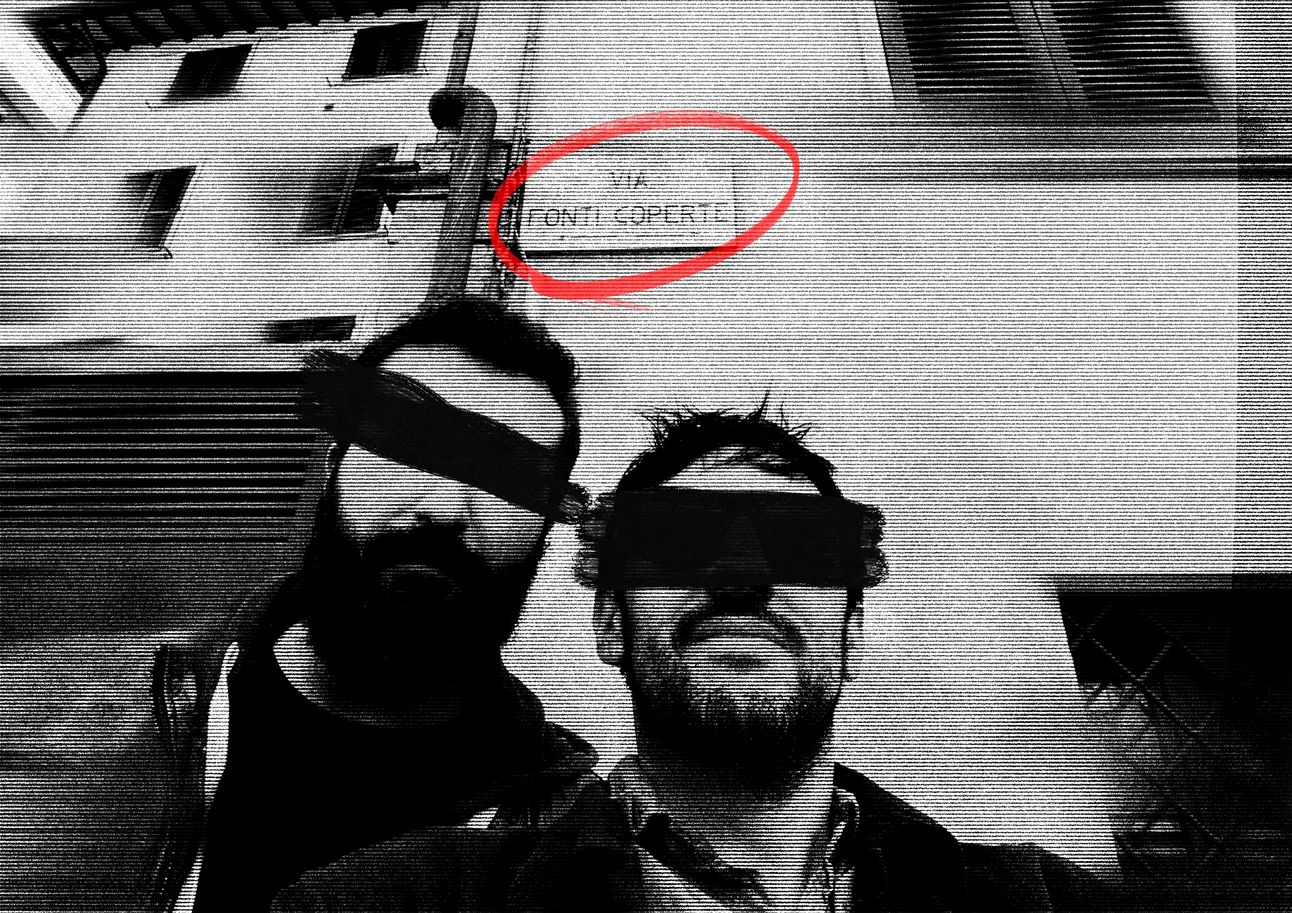- Debrief - The undercover dispatch
- Posts
- Manifesto (EN)
Manifesto (EN)
Journalism doesn't ask for permission
Open this newsletter with caution.
This is a clandestine space where journalism moves in the shadows.
The Debrief is our favorite moment of any investigation—when the tangled web of evidence starts to unravel, and a story begins to take shape.
We reconstruct what happened, understand what’s been uncovered, and decide what to do with the information we’ve obtained.
During the Debrief, we take notes, spot the mistakes before they become irreversible damage. It’s the moment we understand if we can go on—or if we have to pull out. It’s the space where we decide whether to publish, how to do it, what to risk, and with whom. In the Debrief, investigative journalism stops being a promise and becomes an act. And for us, it’s the only way to begin.
We’ve decided to open the doors to a select few and make you part of this process.
Welcome to our—and your—Debrief.
In this issue of Debrief:
Journalism is dead. Long live journalism!
Journalism isn’t just dying because nobody buys newspapers anymore, or because advertising has been devoured by the Silicon Valley giants, or because newsrooms—even in the so-called new media—are shutting down or falling apart. It’s dying because journalists are no longer allowed to inform the public freely and independently.
The communications apparatus of power—press offices, PR agencies, spin doctors, consultants—has perfected the art of evasion. Its only goal is to stop journalists from revealing what’s really going on, turning them instead into loudspeakers for the approved institutional narrative. Every request becomes a bureaucratic maze. Every interview, a choreographed charade. And those who keep asking questions—those who refuse the prepackaged answers—are ignored, sidelined, or even legally threatened in advance.
Today, those who hold power—political, economic, or criminal—no longer need the press to get their message out. With livestreams and social media, they can reach millions of people directly. The journalist has become an obstacle, not a necessary interlocutor.
And in Italy—as in many other countries—telling stories in the public interest increasingly risks becoming a crime. Accessing documents or speaking with judicial sources is harder than ever. Publishing an article that challenges someone powerful opens the door to lawsuits and legal intimidation. While new laws shrink the space for journalism, influencers, content creators, and embedded media flood the public sphere with the same four headlines on repeat.
In this environment, real investigative journalism is an anomaly. Out of 100,000 registered journalists in Italy, how many are actively investigating power in the public interest? Very few. And those who still try run into a system designed to block them at every turn.
How journalism fights back
There are only three tools that still offer a glimmer of hope:
Leaks — the cracks in the system. Internal documents, classified information, private correspondence: powerful truths spilling out from behind closed doors.
Whistleblowers — those who speak from within. People willing to risk everything—their careers, their freedom—to expose corruption, injustice, and abuse.
Undercover journalism — the final frontier. Disguised identities, hidden cameras, access granted only through deception. It takes courage, preparation, and a certain recklessness—but it’s one of the last remaining ways to reveal the truth that power wants buried. It brings journalism back to its original mission: a tool for truth, in service of the public.
With Debrief, we want to share stories that could never have existed without a foundational lie: the journalist’s hidden identity. We want to explore the methods, the behind-the-scenes, the dangers, and the consequences of undercover investigations—past and present, from all over the world.
Who we are and what Debrief is all about

Luigi and Sacha in Via Fonti Coperte (in Italian “Covered sources street”, ironically) Perugia, during IJF25
This newsletter is written by Sacha Biazzo and Luigi Scarano. We’re investigative journalists specialized in serialized and undercover reporting. We’ve made documentaries, books, podcasts—you might already know some of our work.
Sacha, for example, created Bloody Money, a seven-part undercover video investigation that exposes the illegal waste trafficking business in Italy by placing a former Camorra boss back into the system.
Luigi is the author of Meloni Youth, an undercover investigation into the radicalization of the youth wing of Fratelli d’Italia, the far-right party led by Prime Minister Giorgia Meloni. The investigation involved infiltrating the movement with a journalist for nearly a year.
Together, we’ve conducted dozens of undercover investigations. The most widely known is probably Black Lobby, which revealed the ties between Italy’s institutional right and far-right extremist circles—and the corruptive plots that link them.
We chose the name Debrief because the debriefing is the key moment in any undercover investigation. It’s the most exciting and most nerve-racking part of the process: when we assess both the limits and the potential of a project, look back on what went wrong, and figure out what might work in the future. That’s what we’ll do here—with our investigations and others'. We’ll give voice to those who made them, reveal the behind-the-scenes, and reflect on their impact.
We decided to start this newsletter because, in an increasingly hostile climate for journalism, we believe undercover reporting isn’t just the most effective way to expose public interest stories—it’s also an act of civil disobedience against a system that wants journalists to stop being watchdogs of democracy and start behaving like lapdogs to power.
Debrief is our response to all of this. Power—everywhere—wants these investigations silenced. But they’re too important, too real, too urgent. We’ll tell them anyway.
Until the next Debrief,
Sacha & Luigi
Reply